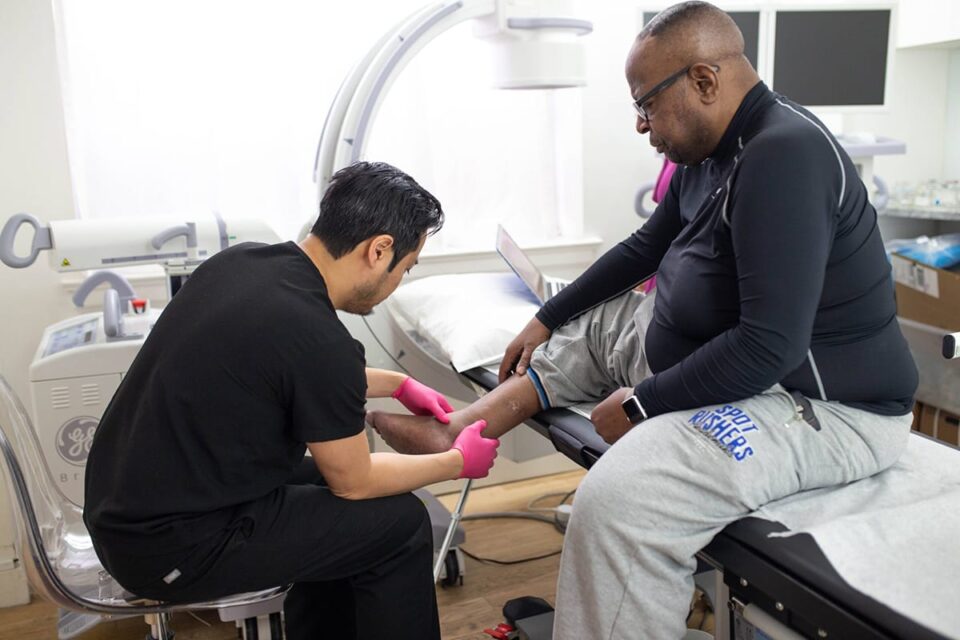Varicose veins can be more than just a cosmetic concern; they can lead to discomfort and health issues. Fortunately, for many individuals dealing with this condition, insurance coverage could be a crucial factor in seeking treatment. Understanding the coverage and the type of specialist who can help is pivotal.
Table of Contents
Are varicose veins covered by insurance?:
Many insurance plans do cover treatments for varicose veins when deemed medically necessary. The coverage usually depends on the severity of the condition and the symptoms it causes. Insurance companies often consider procedures necessary if varicose veins cause pain, swelling, skin changes, or other complications that affect a person’s daily life.
What Kind of Doctor is a Vein Specialist?
Vein specialists, also known as phlebologists, are medical professionals specifically trained to diagnose and treat conditions related to veins. They can come from various medical backgrounds, including vascular surgeons, dermatologists, interventional radiologists, or cardiologists, who have pursued additional training in treating vein disorders.
Identifying A Vein Specialist:
When seeking help for varicose veins, it’s essential to find a qualified vein specialist. These specialists are skilled in evaluating vein-related conditions, such as varicose veins and spider veins, and determining the best course of treatment. They might employ various methods, including:
- Ultrasound Evaluation: Vein specialists often use ultrasound to assess the veins’ condition and identify underlying issues.
- Non-Surgical Treatments: Depending on the severity, they might recommend conservative measures like lifestyle changes, compression stockings, or minimally invasive procedures like sclerotherapy or endovenous laser therapy.
- Surgical Options: In severe cases, surgery might be recommended, such as vein stripping or more modern techniques like ambulatory phlebectomy.
The Importance Of Insurance Coverage:
Given the potential medical implications of varicose veins, having insurance coverage for treatment can significantly alleviate the financial burden. However, it’s crucial to check the specific coverage details within your insurance plan. Some plans might require a certain level of symptoms or failed attempts at conservative treatments before approving coverage for more invasive procedures.
Tips For Dealing With Insurance Companies:
- Understand Your Policy: Review your insurance policy thoroughly to understand what it covers regarding vein treatments.
- Consultation And Documentation: Consult with your vein specialist and ensure proper documentation of your symptoms and the medical necessity of the treatment.
- Preauthorization: Some insurance companies might require preauthorization before undergoing certain treatments. Your specialist’s office can assist in this process.
- Appeals Process: If a claim is denied, you have the right to appeal. Your specialist’s office can help navigate this process.
Final Thoughts:
Varicose veins can impact both physical health and self-esteem. Knowing that insurance coverage might be available for treatments can provide relief. However, selecting the right vein specialist and understanding your insurance policy are pivotal steps in ensuring a smoother treatment journey.

